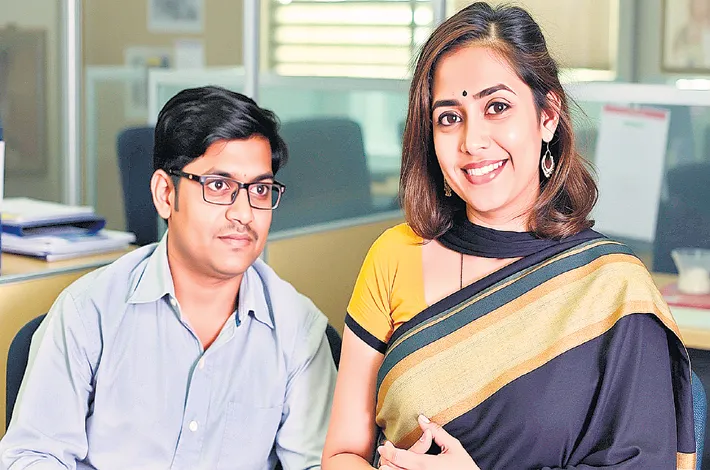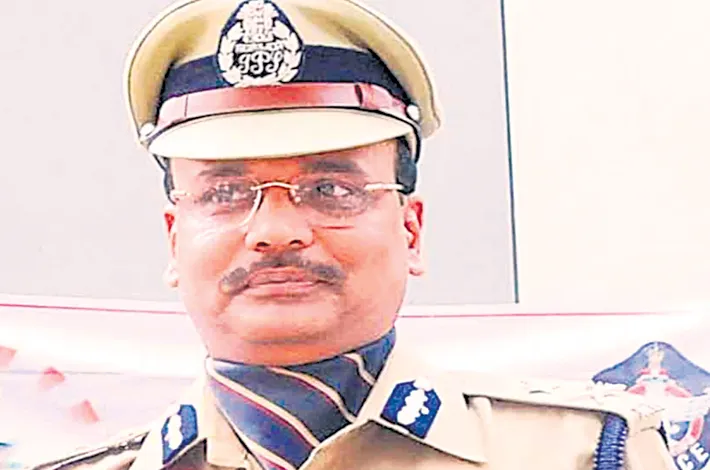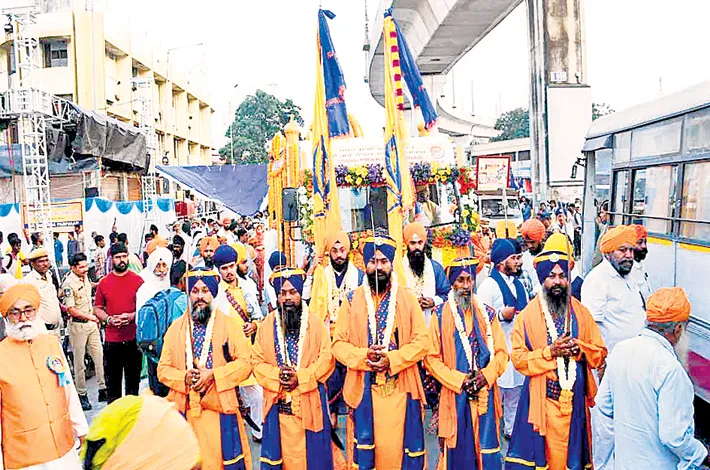Love in Ratnagiri Continues...
16-09-2025 12:00:00 AM

The humid air of Ratnagiri, heavy with the scent of mango blossoms and sea salt, greeted Abhishek Kumar as he stepped off the train at the quaint railway station. A 25-year-old bank officer from Bihar, he had been posted to this coastal town in Maharashtra for a three-year probation to study farmers' finances. The lush greenery and the distant roar of the Arabian Sea were a far cry from the dusty plains of Patna, but Abhishek, with his earnest smile and quiet determination, was ready for the challenge.
On his first day at the bank, he noticed her—Anjali Deshmukh, a 24-year-old officer with the Life Insurance Corporation (LIC), also on probation for the same project. She had an air of quiet confidence, her dark eyes sparkling with curiosity as she pored over files in the shared office space. Her auburn hair was tied in a loose bun, and her simple cotton saree swayed gently as she moved. Abhishek, shy but intrigued, offered a polite nod. Anjali returned it with a warm smile that lingered in his mind long after the workday ended.
Their work brought them together often. The project required them to visit farmers in nearby villages, assess their financial needs, and design loan and insurance schemes. They traveled together in rickety jeeps, bumping along muddy roads framed by coconut groves and laterite cliffs. During these trips, Abhishek learned that Anjali, a native of Pune, had a passion for Konkani folk songs and a knack for making farmers laugh with her quick wit. She, in turn, discovered Abhishek’s love for Bhojpuri poetry and his habit of carrying a small notebook to jot down thoughts.
One rainy afternoon, as the monsoon unleashed its fury over Ratnagiri, their jeep broke down near Mandangad village. Stranded, they sought shelter under the tin roof of a roadside tea stall. The rain drummed relentlessly, and the stall owner, a wiry old man, handed them steaming cups of cutting chai. Abhishek, usually reserved, found himself opening up. “Back in Bihar, I used to watch the rains from my village rooftop, dreaming of a life beyond the fields,” he said, his voice soft. Anjali, sipping her tea, looked at him thoughtfully. “And here you are, helping farmers live their dreams. That’s something, isn’t it?”
Their conversation flowed effortlessly, weaving through childhood memories, ambitions, and the quirks of life in a small town. Anjali confessed her fear of the sea, despite living so close to it. Abhishek admitted he’d never tasted Ratnagiri’s famous hapus mangoes until now. By the time the rain stopped, a quiet bond had formed, unspoken but palpable.
Over the months, their connection deepened. They explored Ratnagiri together—wandering through the bustling fish market at Mirkarwada, marveling at the ancient Thibaw Palace, and stealing moments at the serene Bhatye Beach, where the waves whispered secrets to the shore. Abhishek found himself captivated by Anjali’s laughter, the way it echoed like temple bells. Anjali admired Abhishek’s patience with the farmers, his ability to listen without judgment. Yet, both hesitated to name the feeling growing between them, aware of their temporary posting and the uncertainty of what lay beyond.
One evening, during the Ganpati festival, Ratnagiri came alive with lights, music, and devotion. Anjali invited Abhishek to join her at a local pandal, where the air was thick with the scent of modaks and marigold garlands. As they stood before the idol of Ganesha, Anjali playfully nudged him. “Make a wish, Bihari babu,” she teased. Abhishek closed his eyes, his heart whispering a wish he dared not voice: Let this moment with her last.
Later, as they walked along the lantern-lit streets, Anjali stopped by a stall selling glass bangles. Abhishek, emboldened by the festive spirit, bought a set of green bangles that matched her dupatta. “For you,” he said, his voice barely above a whisper. Anjali’s cheeks flushed as she slipped them on, her fingers brushing his for a fleeting second. “You’re learning the ways of Ratnagiri,” she said, her smile shy but radiant.
As their second year in Ratnagiri began, their bond grew undeniable. They shared late-night dosas at a local eatery, debated over books, and found excuses to linger after work. But the weight of their probation loomed large. Abhishek was offered a permanent post back in Bihar, while Anjali’s family in Pune hinted at marriage prospects. The thought of parting cast a shadow over their days.
One dusk, at Ganeshgule Beach, with the sky painted in hues of orange and pink, Abhishek found the courage to speak. “Anjali, these two years… they’ve been more than work. You’ve made this place home for me.” His voice trembled, but he pressed on. “I don’t know what’s next, but I know I don’t want to lose you.”
Anjali’s eyes glistened, reflecting the fading light. “I was afraid to say it first,” she admitted. “This town, these farmers, you—it’s all woven into me now. I don’t want to let go either.” She reached for his hand, her bangles clinking softly. “Let’s figure it out together, okay?”
They stood there, hand in hand, as the waves crashed gently, promising to carry their fears away. The future was uncertain—postings, families, distances—but in that moment, under Ratnagiri’s vast sky, they chose each other. The monsoon would come again, the mangoes would ripen, and their love, born in the heart of this coastal town, would find a way to endure.
As they walked back, the first stars appeared, and Abhishek scribbled a line in his notebook: In Ratnagiri’s rains, I found her, and she found me.








